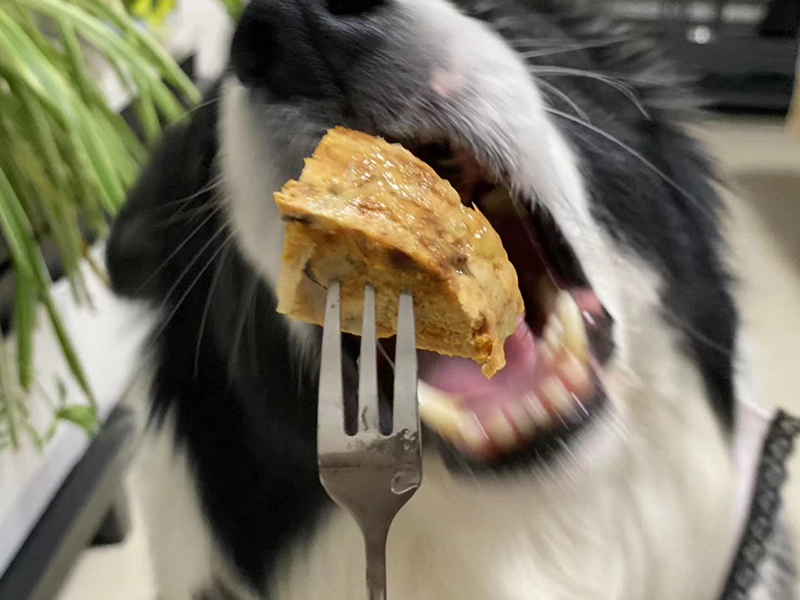Choosing the right food for our pets is essential for their overall health and well-being. When it comes to pet food options, there are two primary choices: homemade and commercial pet food. In this blog post, we will explore the pros and cons of each option, empowering you to make an informed decision about the best feeding approach for your furry companion.

Homemade pet food refers to meals prepared at home using fresh, whole ingredients. Here are some key pros and cons to consider when contemplating homemade pet food:
a. Ingredient Control: By preparing homemade pet food, you have complete control over the ingredients. This allows you to tailor the food to meet your pet's specific dietary needs, such as accommodating allergies or sensitivities.
b. Freshness and Quality: Homemade pet food enables you to choose high-quality ingredients, ensuring your pet receives fresh, wholesome nutrition.
c. Transparency: You know exactly what goes into your pet's food, providing peace of mind and reducing concerns about additives, preservatives, or low-quality ingredients.
a. Nutritional Imbalance: Creating a nutritionally balanced homemade diet can be challenging. Without proper formulation, pets may miss out on essential nutrients, leading to deficiencies or imbalances. Consulting with a veterinarian or veterinary nutritionist is crucial to ensure your homemade diet meets your pet's nutritional needs.
b. Time and Effort: Preparing homemade pet food requires time, planning, and effort. It involves recipe research, ingredient sourcing, meal preparation, and portioning. This commitment may not be feasible for all pet owners.
c. Risk of Contamination: Improper handling, storage, or cooking of homemade pet food can increase the risk of bacterial contamination. It's important to maintain strict hygiene practices and follow proper food safety guidelines.
Commercial pet food refers to pre-packaged, commercially available pet food products. Let's explore the pros and cons of opting for commercial pet food:
a. Nutritional Expertise: Reputable commercial pet food brands employ veterinary nutritionists and conduct extensive research to develop balanced formulas that meet the nutritional needs of pets at different life stages. This ensures that your pet receives adequate nutrition without the need for extensive formulation on your part.
b. Convenience: Commercial bulk pet food offers convenience, as it requires minimal preparation and is readily available in a variety of options, including dry kibble, wet food, and specialized diets.
c. Affordability: Commercial pet food often provides a cost-effective solution, especially when considering the time and effort required for homemade diets.
a. Ingredient Quality: Not all commercial pet foods are created equal. Some lower-quality options may contain fillers, by-products, or artificial additives. Reading labels and selecting reputable pet treat manufacturers is crucial to ensure you're providing high-quality wholesale dry dog food in bulk or bulk dry cat food wholesale.
b. Limited Ingredient Control: With commercial pet food, you have limited control over the specific ingredients used. While reputable brands strive to use quality ingredients, individual ingredient preferences or dietary restrictions may not be fully accommodated.
c. Processing Methods: The processing methods used in commercial pet food production, such as high-temperature cooking or extrusion, can affect the nutrient content and bioavailability. Some pet owners prefer to minimize processing and opt for minimally processed or raw food options.

Choosing between homemade and commercial pet food involves weighing the pros and cons of each option. Homemade pet food offers ingredient control and freshness but requires careful nutritional formulation and effort. Commercial pet food provides convenience, expertise in formulation, and affordability, but ingredient quality may vary. Ultimately, the best choice depends on your pet's specific dietary needs, your lifestyle, and your comfort level with nutritional formulation. Consulting with a veterinarian or veterinary nutritionist can help guide you in making the right decision for your furry friend's health and well-being.
Learn more about: